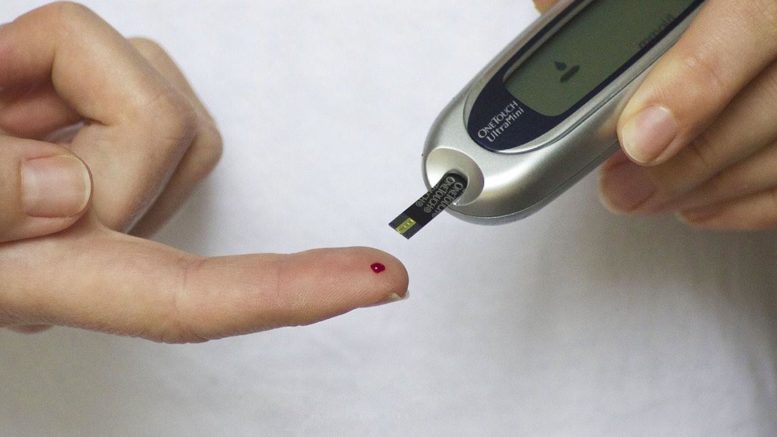Insulin in your body helps to regulate energy by balancing micronutrient levels. It transports glucose, or sugar, to tissues that need it, which include the muscles and the liver, to help lower your levels. Another function of insulin is to help break down proteins and remove salt and fluids when you pass urine.
When you eat something, your blood sugar rises, and the pancreas releases insulin to decrease it. The muscles and liver can also store the sugar for later use. Once your blood sugar levels are within a reasonable range, the insulin then allows stored energy to be accessed, using the glucose to keep you stable in between eating.
When you go into a fasting period, your body significantly drops insulin, which ensures you lose fat. You can improve insulin sensitivity and resistance with intermittent fasting.
Metabolic Benefits of Intermittent Fasting
Intermittent fasting goes beyond weight loss. It increases insulin levels, and this is helpful for those suffering from health problems like diabetes or pre-diabetes or those struggling with blood pressure or blood sugar levels.
Intermittent fasting goes beyond in other ways, too. It helps decrease inflammation and improve gut health and overall well-being. People with hormone irregularity, like those dealing with polycistic syndrome (PCOS,) can find benefits from intermittent fasting by controlling their insulin levels, balancing hormones, and significantly improving their symptoms.
What is Insulin Sensitivity?
Insulin resistance occurs when the cells don’t respond the right way to insulin in the body. When your blood sugar continues to rise, your pancreas keeps releasing insulin, decreasing your insulin resistance and worsening it.
Many factors contribute to insulin sensitivity. It could be genetic, or it could be in response to certain lifestyle habits. Lack of exercise, poor nutrition, insufficient sleep, and high stress and anxiety can lead to insulin resistance.

There are cycles of energy storage that occur in your body. If you overeat or eat consistently without taking breaks between meals, your body stores the energy but doesn’t use it. Your cells then become resistant to insulin, which causes sensitivity.
Signs of insulin sensitivity include the following:
- High blood pressure
- Increase in thirst and hunger
- High blood sugar levels
- Headaches
- Frequent need to urinate
- Large waist; obesity
- Elevated blood lipids
So, how else can intermittent fasting help with your insulin sensitivity? It can make a massive difference in your body’s response to insulin in a matter of weeks.
Reversing Insulin Sensitivity with Intermittent Fasting
Intermittent fasting provides numerous benefits. There are methods of intermittent fasting you can take on, with types where you fast for twelve hours a day or fast for sixteen hours and eat in just an eight-hour window. You can also do alternate-day fasting or even a complete 24-hour fast. There is a helpful tracker for intermittent fasting app that can help you keep track.
The advantages that improve insulin sensitivity with intermittent fasting include:
- Reduces oxidative stress
- Facilitates weight loss
- Improves cholesterol
- Lowers blood pressure
- Regulates blood sugar levels
By extending the time you eat in between meals, you give your body the opportunity to access its stored energy. Once the energy becomes depleted, your insulin resistance is better. However, even though your insulin sensitivity improves, it is more challenging to keep fasting.
Your Nutrition Is Essential
Intermittent fasting doesn’t necessarily mean eating less foods. Even though you may be in a calorie deficit, the quality of your food is the most important. A balanced, nutrient-rich diet is going to make the most significant impact on your health.
Look for foods that have vitamins and minerals, with low saturated fats, sugars, and sodium(salt). Include whole foods like fruits and vegetables as part of your daily intake. Look for non-fat or low-fat dairy, seafood, unprocessed, lean meats, poultry, and nuts.
If you’re looking for some assistance with your nutrition, it can help to consult with a dietitian or nutritionist. As experts in their field, they can guide you through your intermittent fasting journey to ensure you still get the proper nutrition.
As Always, Talk To Your Doctor
Before starting with intermittent fasting for insulin sensitivity, you must have a discussion with your doctor. They can advise you on the best methods for beginning IF and what essential things to remember.
Many people often struggle with weight and other health issues, not realizing that the problem is caused by insulin resistance. Intermittent fasting can be a beneficial and helpful method that works to fix the problems with insulin sensitivity.
